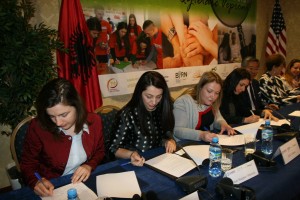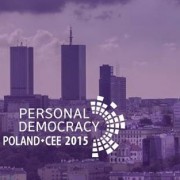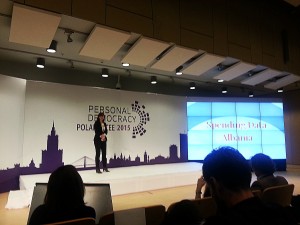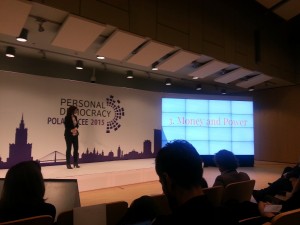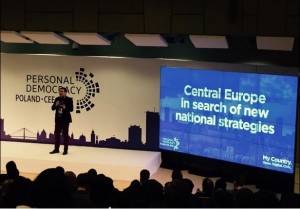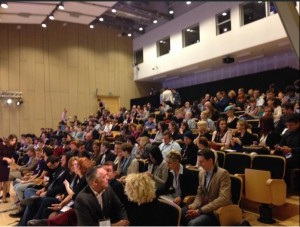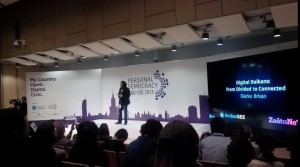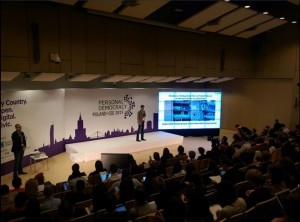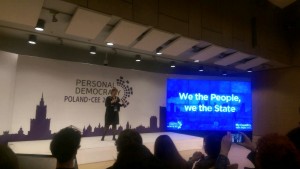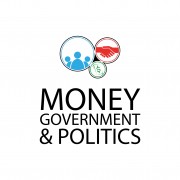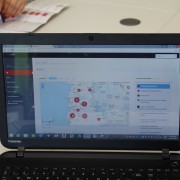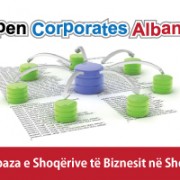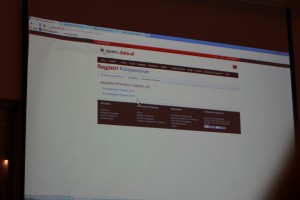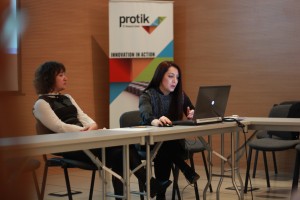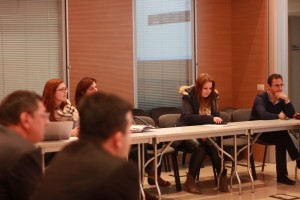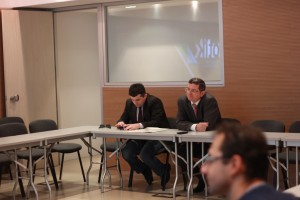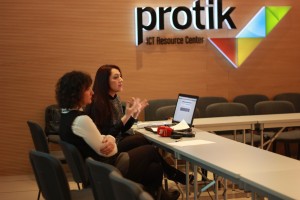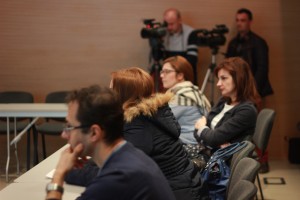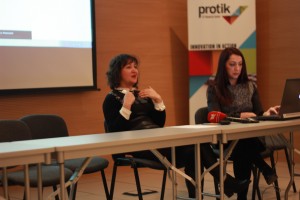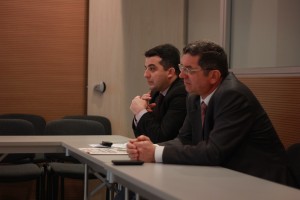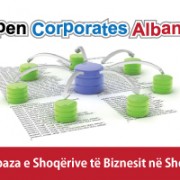Konkursi “Historia Ime e Pjesëmarrjes Elektronike”
“Kërkohen e-Qytetarë Aktiv!”
Konkursi Online “ Historia ime e e-Pjesëmarrjes” kërkon të mbledhi sa më shumë histori personale të qytetarëve të cilët kanë përdorur instrumentat e pjesëmarrjes elektronike të BE ose kombëtare për të influencuar politikë bërjen dhe për të bërë ndryshim në jetën e tyre dhe të të tjerëve. Ne duam të dëgjojmë nga ju ! Na tregoni rreth eksperiencës tuaj ( pozitive ose negative ) të përdorimit të instrumentave të e-Pjesëmarrjes dhe fitoni mundësinë për t’i ndarë personalisht me politikan të BE në Bruksel. Nuk ka rëndësi nëse jeni një aktivisti i shoqërisë civile që i përdorni instrumentat dixhital çdo ditë apo sapo jeni njohur me e-Pjesëmarrjen dhe me të ashtuquajturën “politikë-bërje” nga kudo.
Na tregoni historinë tuaj në një ese të shkurtër ose video. Historia juaj do të shfaqet në një përmbledhje të historive dhe mund të fitojë një ftesë në konferencën “e-Pjesëmarrjen nga perspektiva e të qytetarëve” në Bruksel në dhjetor 2015.
Ky Aplikim është i hapur nga 7 May deri në 31 Gusht . Fituesit dp të informohen për rezultatin në mes të Shtatorit.
Rregullat e Konkurimit :
Çdo qytetar i BE dhe çdo qytetar nga e gjithë Europa në moshën nga 16-116 vjeç mund të konkurroj. Ju mund t’a paraqisni historinë tuaj ose në format të shkruar (një ese e shkurtër me 500 fjalë) ose një video 3 minutëshe (mund të jetë e ndërtuar në formën e një interviste duke ju regjistruar ju duke treguar eksperiencen ose dhe duke e inskenuar ngjarjen ). Historia juaj duhet të jetë e lidhur qartësisht me Pjesëmarrjen elektronike dhe duhet të keni përdorur instrumenta të Pjesëmarrjes elektronike për ta zgjidhur problemin ose arritur rezultatin e dëshiruar. Duhet të tregohet në një formë interesante dhe përfshirëse. Pikë shtesë do të jepen historive që kanë përdoruar instrumentet e pjesëmarrjes elektronike në nivelin e BE.
Ju duhet ta dorëzoni historinë përpara 31 Korrikut duke përdoruar formen e aplikimit (https://tceurope.wufoo.com/forms/konkurs-historia-ime-e-epjesamarrjes/) në shqip. Të gjitha esetë do të vlerësohen sipas kritereve të vlerësimit dhe fituesi nga Shqipëria do të zgjidhet dhe ftohet sëbashku me 11 qytetarë nga vendet e tjera të përfshira në program për të ndarë eksperincat e tyre në politikë-bërje në Bruksel.
Historia duhet të shkruhet dhe dërgohet në stil të lirë në formatin word ose pdf dhe duhet të mbuloj pikat e mëposhtme :
- Pse? Cili ishte motivimi juaj ??
- Cilin instruement të pjesëmarrjes elektronike keni përdorur?
- Ishte një problem individuar apo një problem i përgjithshëm ? Sa njerëz u përfshinë dhe influencuan ?
- Cili ishte rezultati ? Ishte impakti ? përfitimi individual apo më gjërë?
- Ishte eksperienca juaj e parë e ktij lloj ?
Apliko këtu : https://tceurope.wufoo.com/forms/konkurs-historia-ime-e-epjesamarrjes/
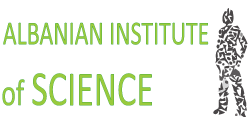
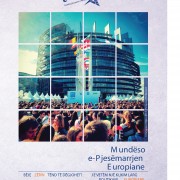

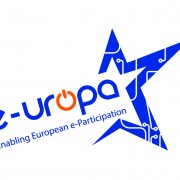
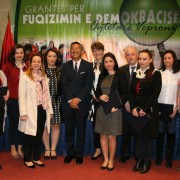
 In the picture, the US Ambassador in Tirana Mr, Donald LU with grant beneficiaries.
In the picture, the US Ambassador in Tirana Mr, Donald LU with grant beneficiaries.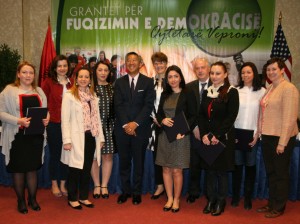 In the picture, the Ambassador Donald LU and the Executive Director of AIS Ms, Aranita BRAHAJ during the grant ceremony.
In the picture, the Ambassador Donald LU and the Executive Director of AIS Ms, Aranita BRAHAJ during the grant ceremony.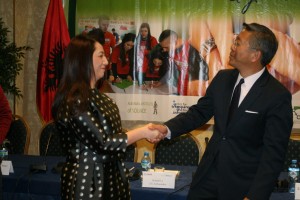 In the picture Ms, Aranita BRAHAJ signing the grant agreement.
In the picture Ms, Aranita BRAHAJ signing the grant agreement.